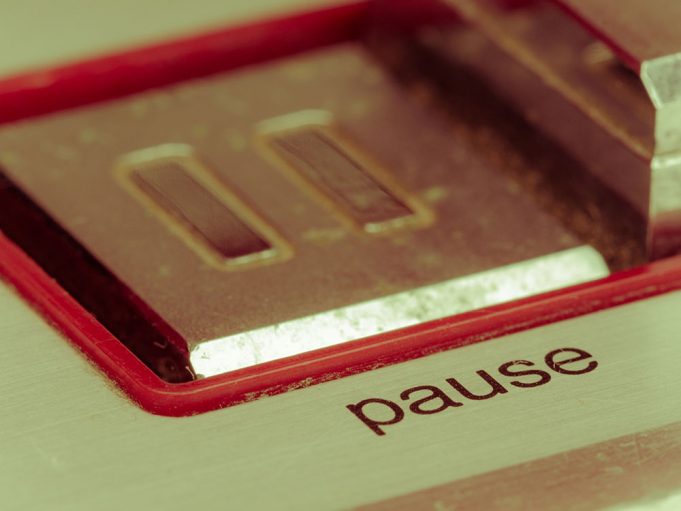Officiating, at its core, is the ability to make quality decisions under stress. The loud environment, the passion of the players, and running up and down the field, court or diamond, all increase your heart rate. In fact, games are a perfect place for an elevated stress response.
Commonly known as the fight-or- flight response, the stress response is your brain priming your body to protect itself. Imagine your hunter-gatherer ancestors. Those who perished were less ready to sprint away or fight off a predator. The survivors were the ones with the more refined stress response. Since we all descend from those who survived, we are the beneficiaries of an exquisitely tuned stress response that drastically increases our short-term survival odds.
When you experience the stress response, your brain produces cortisol and adrenaline, which will:
- Raise your blood sugar levels (instant energy).
- Increase your blood pressure (power to your limbs).
- Speed up your breathing (more oxygen).
- Widen your pupils (larger field of vision).
- Slow your digestive tract (no need to digest a meal while avoiding becoming one).
Your body is better geared to a hunter-gatherer lifestyle than it is to modern life, and that includes officiating. The fight-or-flight and relaxation responses are part of the operating system of the human body. If you want to officiate well under stress, or do anything well for that matter, it is valuable to read the owner’s manual and learn how to lessen wear and tear on your mind and body.
Pause points are opportunities to move your mind away from stress (running away from a tiger) and toward relaxation (on the beach with a cocktail). When you are relaxed, you think more clearly. You make more reasoned decisions. You can anticipate problems more easily. Maintaining a relaxed mindset in a game is a challenge, but with enough practice you can shift your thinking away from the imaginary tiger and onto your favorite beach.
Before the game
Basic: Dress for every game in the same order.
Advanced: Butterflies in your stomach? Imagine them flying in a pattern such as a circle or a figure eight.
Why it works: Human beings are pattern-seeking primates, and your brain is constantly looking for patterns to feel at ease in new environments.
Timeouts
Basic: After the teams huddle up, take three to six deep breaths into your low belly.
Advanced: Inhale to a count of four, hold full for four seconds, exhale to a count of six, and repeat.
Why this works: Diaphragmatic breathing engages the parasympathetic nervous system, helping put your mind back on the beach.
Halftime
Basic: Use a mantra: “Be here,” “Be present,” “Have fun,” “Stay frosty.”
Advanced: Ask yourself how the game is going. Visualize yourself getting a call correct at a critical moment later in the game.
Why it works: With regular visualization, you physically grow more capable as your neurons develop thicker myelin sheathing, which allows for faster and more confident performance over time.
When you perceive that you made a mistake
Basic: Physically brush off your shoulder or mime flushing a toilet.
Advanced: Apply the PACE Principle (Performance After Critical Error). You or your crew has made a mistake. Now you must take corrective action.
Why it works: After enough repetition, your mind becomes conditioned to recognize those gestures to mean that it is time to refocus.
No game is life or death, but your body does not know that. You do not have a separate stress response for a game, and a different stress response if you hear a loud noise at night. The better you learn to manage your stress response, the more likely you will make quality decisions in stressful situations on and off the field.
Gordon Corsetti is a longtime lacrosse official from Roswell, Ga.
What's Your Call? Leave a Comment:
Note: This article is archival in nature. Rules, interpretations, mechanics, philosophies and other information may or may not be correct for the current year.
This article is the copyright of ©Referee Enterprises, Inc., and may not be republished in whole or in part online, in print or in any capacity without expressed written permission from Referee. The article is made available for educational use by individuals.



















